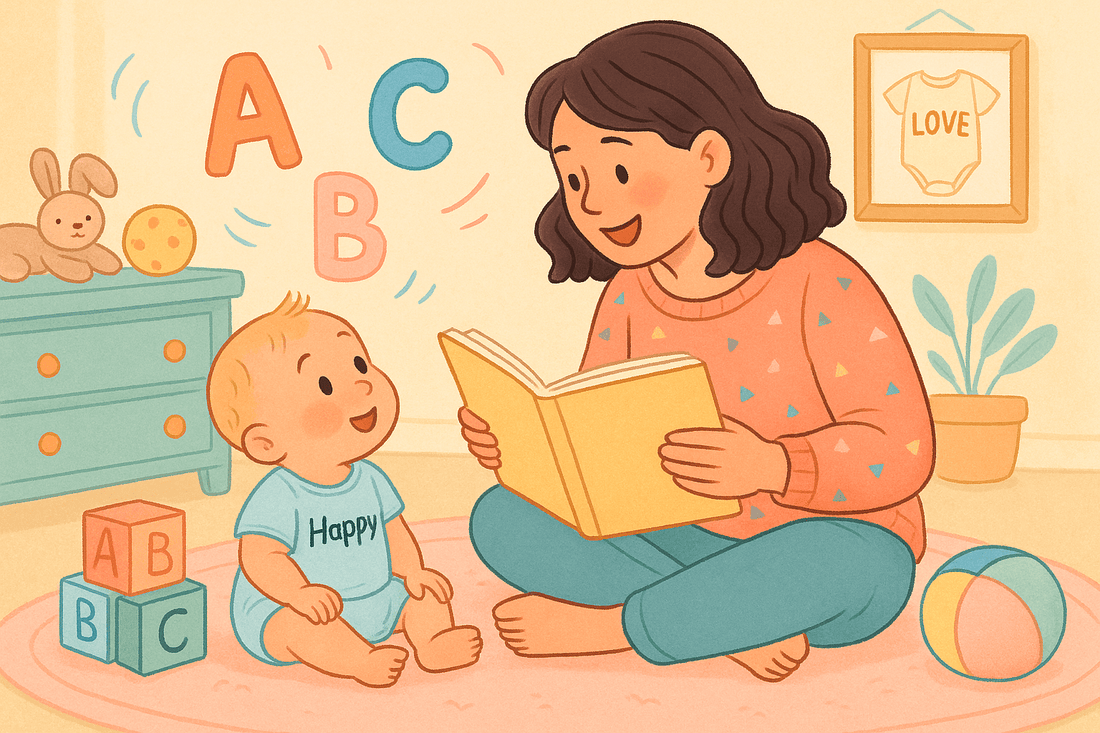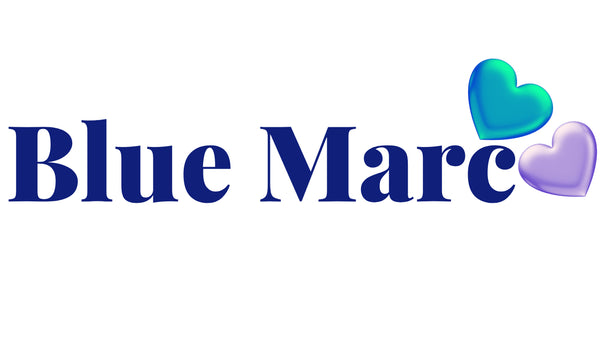
🗣️ Understanding Delayed Speech in Babies: How Parents Can Encourage Language Development
Share
✨ Introduction: Every Baby Finds Their Voice in Time
Speech and language development are vital milestones in a child's early growth, yet every baby follows their own unique timeline. While it's natural for parents to eagerly anticipate those first words, some children may experience speech delays, leading to understandable concerns. In this guide, we’ll explore the causes of delayed speech, early warning signs, and practical, expert-backed tips to help your baby find their voice.
📚 Common Reasons for Delayed Speech in Babies
1. Normal Developmental Variation
- Speech timelines vary widely; some children are early talkers, others are late bloomers.
- According to the American Speech-Language-Hearing Association (ASHA), speech development can differ significantly among typically developing children.
2. Hearing Impairment
- Even mild hearing loss can affect speech clarity and vocabulary growth.
- Early hearing evaluations are critical; newborn hearing screenings are now standard in most hospitals.
3. Lack of Stimulation
- Limited exposure to language-rich environments can slow speech development.
- Babies thrive when consistently exposed to words, songs, and interactive conversations.
4. Bilingual or Multilingual Households
- Temporary delays are common as babies process multiple languages.
- Bilingualism typically leads to cognitive advantages long-term, per the National Association for the Education of Young Children (NAEYC).
5. Premature Birth
- Premature infants often need extra time to reach communication milestones.
- Adjusted developmental timelines should be considered for preemies.
6. Oral Motor Skill Challenges
- Difficulties with muscle strength or coordination (e.g., tongue, lips) can affect speech sound production.
- Early oral motor exercises and therapy can support progress.
7. Developmental Disorders
- Conditions such as Autism Spectrum Disorder (ASD), Down Syndrome, or global developmental delays can impact speech and language.
- Early intervention can significantly improve communication outcomes.
8. Environmental Factors
- Exposure to limited verbal interaction or lack of access to books and toys may delay speech.
- Creating a language-rich home environment is crucial.
📈 Developmental Milestones: What to Expect
Here are general milestones to guide your expectations:
| Age | Speech/Language Milestones |
|---|---|
| 6 months | Babbling (e.g., "ba-ba," "da-da"), reacting to sounds |
| 12 months | Says 1–2 simple words ("mama," "dada"), understands simple instructions |
| 18 months | Says ~20 words, uses gestures |
| 2 years | Vocabulary of 200–300 words, combines 2–3 word phrases |
| 3 years | Speech 75% understandable by unfamiliar adults, forms full sentences |
(Adapted from guidelines provided by the American Academy of Pediatrics.)
🧠 How Parents Can Encourage Speech and Language Development
Engage in Meaningful Conversations
- Narrate daily activities.
- Pause to let your baby "answer" even if it’s with gestures or sounds.
Read Aloud Every Day
- Start with board books, colorful pictures, and simple stories.
- Name objects, characters, and actions in the book.
Sing Songs and Recite Rhymes
- Music naturally highlights rhythm and sounds.
- Nursery rhymes like “Twinkle, Twinkle” promote early phonological awareness.
Use Gestures and Baby Sign Language
- Teach basic signs ("more," "eat," "milk") to bridge early communication gaps.
Expand and Model Speech
- When your baby babbles ("ba"), expand it: "Yes! Ball! Red ball!"
Play Language-Rich Games
- "I Spy," peek-a-boo, and naming body parts are great interactive games.
Limit Screen Time
- American Academy of Pediatrics (AAP) recommends avoiding screens for children under 18 months (except video chatting).
- Real-life interaction is key for language development.
Foster Turn-Taking Communication
- Play games and activities where you take turns speaking, clapping, or mimicking.
Provide a Print-Rich Environment
- Label objects around the house.
- Display alphabet posters and keep plenty of books within easy reach.
Celebrate Every Effort
- Clap, cheer, and smile whenever your baby tries to communicate, reinforcing their desire to keep practicing.
👩🏾⚕️👨🏾⚕️⚕️ When to Seek Professional Help
Consult a pediatrician or speech-language pathologist if your child:
- Is not babbling by 12 months.
- Does not use gestures (waving, pointing) by 12 months.
- Says fewer than 20 words by 18 months.
- Struggles to combine two words by age 2.
- Is difficult for others to understand by age 3.
💬 Tip: Early intervention services (often available free through state Early Intervention programs in the U.S.) can make a profound difference.
🛠️ Technology to Support Speech Development
While live interaction is best, some tech tools can complement learning:
- Speech Therapy Apps: Interactive exercises for articulation and vocabulary building.
- Audiobooks: Expose children to fluent language and storytelling.
- Video Calls: Face-to-face chatting with relatives helps reinforce communication skills.
- Music and Movement Apps: Combine singing with actions to boost phonological awareness.
🔔 Reminder: Tech should enhance, not replace, human interaction.
🌟 Conclusion: Every Child’s Journey Is Unique
Speech delays can be concerning but are often part of a child’s natural developmental path. With love, patience, consistent encouragement, and—when necessary—professional support, every child can find their unique voice. Create a language-rich, supportive home, celebrate each babble and first word, and remember: communication is about connection, not perfection.
🌈 Your child’s voice is a gift—and it’s worth the wait.
